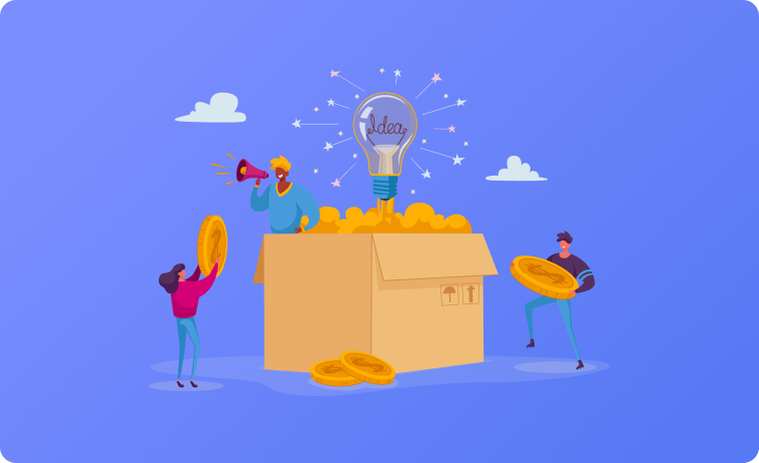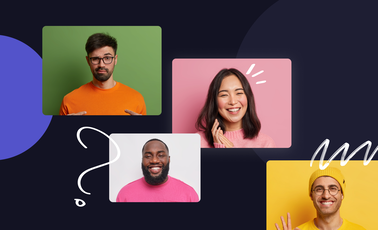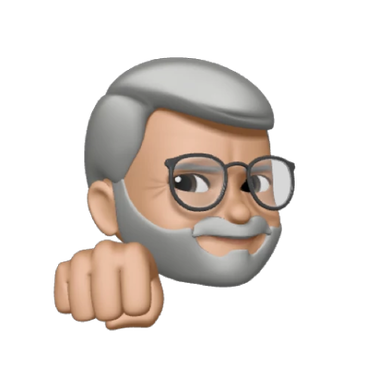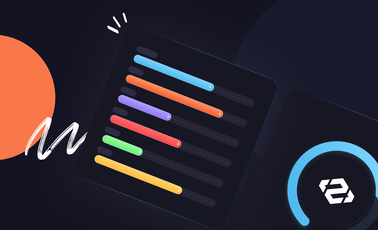How to Use Decentralized Autonomous Organization (DAO)
The possible use cases for blockchain technology will proliferate, it seems. Although cryptocurrencies are all the rage nowadays, the real transformative power of blockchain is hidden in applications like the simplification of the KYC process and taking financial services to millions of unbanked people. But that’s not all that there is to it—blockchain is paving the way for a new type of organization that has the potential to change the way people do business, collect artwork, or organize for a political cause: Decentralized Autonomous Organization (DAO).
If blockchain is to underpin a new type of organization, it will do this through smart contracts. A smart contract is an Ethereum account that ties transactions to certain conditions. When those conditions are met, the transaction automatically takes place without the involvement of a third party or an intermediary. So, it basically is a code that realizes the terms of an agreement between different parties.
Once smart contracts showed promise in regulating and facilitating transactions, it was evident that the concept was applicable to a broader range of situations. DAO was a product of such thinking. DAO was developed to automate decisions and ease cryptocurrency transactions. The originators of the idea aimed to leverage automation and community voting to eliminate human error and mischief and monitor transactions. In an ideal world, smart contracts would replace all the regulations in the business world, removing the need for government oversight and institutional supervision. You could bake laws, rules, and regulations into smart contracts and, in theory, execute any kind of transaction in any industry by just stringing together as many “if…, then…” statements as you needed.
Despite their potential, DAOs are not technically perfect. Actually, DAOs can be technically inefficient compared to other digital processes. Any piece of data added to the blockchain is registered on every node. Due to the number of transactions that can be processed by a node being limited, scalability can be a problem with DAOs.
However, DAOs are efficient because they take care of work that would otherwise have to be done through conventional bureaucratic means, freeing up a lot of time. DAOs also bring together different parties where trust is a serious issue, and smart contracts can help get deals done. Additionally, by facilitating pooling of funds and talent, they increase the likelihood that projects will be implemented. In other words, DAOs unlock significant social and economic value for the price of a reasonable level of technical inefficiency.
The use cases for DAOs seem only limited by imagination. DAOs appeal to people who have idle funds at hand and are looking for assets to park their money. These people can join DAOs and buy shares in a communally-owned piece of art or become the sole owner of unique, inimitable artwork. DAOs also make it easier for underprivileged communities across the world to come together. Without the friction caused by national borders, people can combine their resources and form initiatives to promote causes benefitting minorities or underrepresented people. DAOs may even have a role to play in the day-to-day running of government: The Swiss Canton of Zug has initiated the use of DAOs for voting on municipal matters (more on this in our next blog post), so expect to see more political activism organized around DAOs.
The broader acceptance of DAOs still awaits a legal framework to be introduced. Some countries have already taken steps in that direction. As the issue of legal responsibility in DAOs is sorted out, these organizations will undoubtedly get to play a more prominent role in our lives.




 Please
fill out this field
Please
fill out this field









